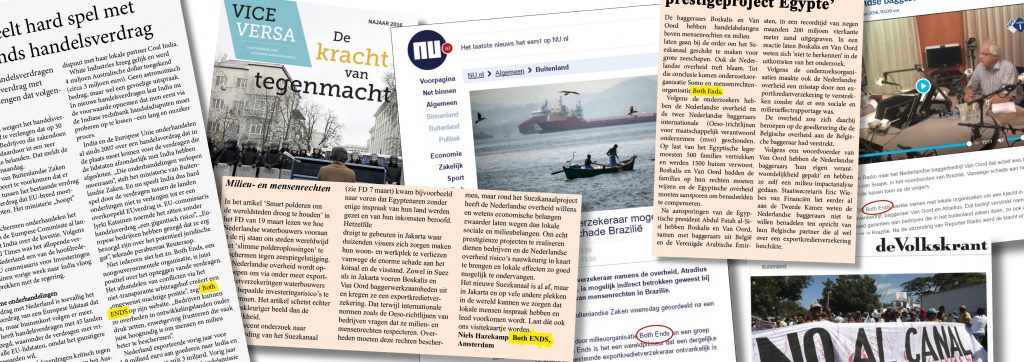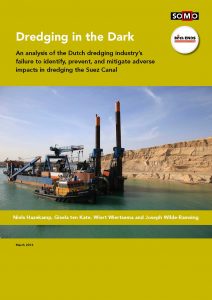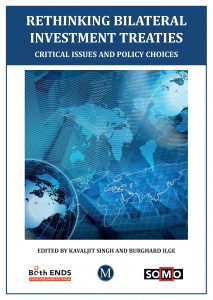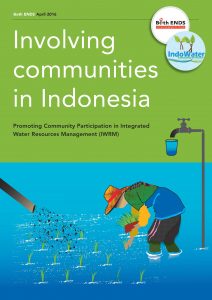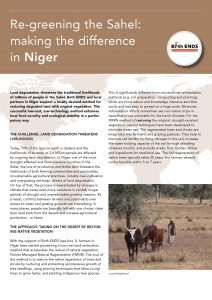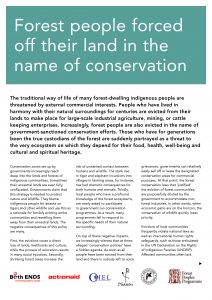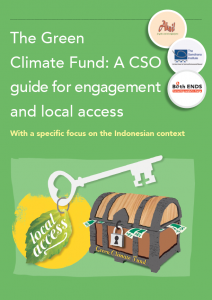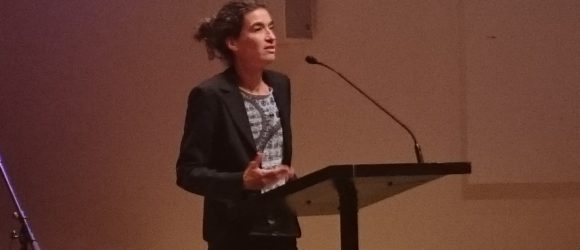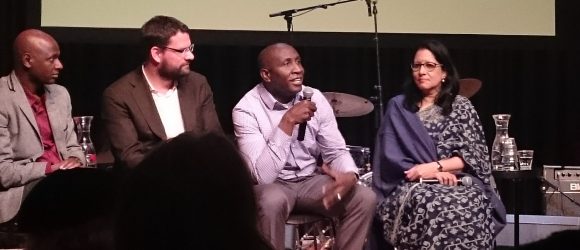Communication
In July 2016, the communication department doubled its capacity to a little over 1,5 FTE. This allowed the organisation to not only focus on short-term external communication activities, but also on our external communication plans for the longer term. A new communication strategy was formulated for the period 2017-2020, including a restyling of the Both ENDS website in 2017.
The increased capacity also allowed us to be more active on social media, resulting in an increase in our number of followers on Twitter to more than 2.000 and almost 1.500 friends on Facebook. Our ambition is to strengthen Both ENDS’ profile on social media by paying attention to a selection of important and appealing topics.
In 2016, we produced a range of publications, news items, newsletters, blogs and videos. We made an introductory video about Rich Forests and a film about participative water management in Indonesia. We published an e-book together with our Indian partner organisation Madhyam on bilateral investment treaties with 17 contributions by international authors. We produced several 2-pagers about our work with local partner organisations and kept our website up-to-date with news, longreads and blogs. We used a new Google Grant for some first Adwords campaigns, which doubled the number of visitors to our website. We will expand our Adwords campaigns in 2017 to reach even more people with our news, knowledge and message about the importance of creating an equitable, fair and sustainable world.
Some of our video’s from 2016:
A selection of our publications in 2016:
THE INFLUENCE OF OUR COMMUNICATION
Both ENDS’ external communication mainly focuses on policymakers, civil society, potential funds and donors, partner organisations and a small group of engaged individuals. In the near future, we plan to focus more on the media, online and offline, to become more visible in the public debate, and where possible and relevant initiate public debates on current issues.
We are noticing that the general public – in the Netherlands and worldwide – is becoming more and more interested in some of the topics that we have been working on for years. These include the negative effects of trade and investment treaties on developing countries, the way Dutch public money is used abroad, the importance of land rights for sustainable land and water management, and the crucial role of women in protecting the environment and human rights. We are very pleased about this increased interest and will do what we can to sustain support for these topics.
We already intensified our contacts with (research) journalists and other media in 2016. For example, in close collaboration with Vice Versa, the Dutch journalistic platform for development cooperation, we organised an online debate ‘De Kracht van Tegenmacht’ (The strength of countervailing power) which culminated in the event ‘De Nacht van de Tegenmacht’ (The night of countervailing power) in Amsterdam, which was sold out with more than 200 tickets. Both ENDS will continue its partnership with Vice Versa in 2017.
In 2016, certain cases that we worked on received considerable coverage in the media. The issues with Atradius DSB and the involvement of Dutch dredging company Van Oord in Suape, Brazil was covered by NPO Radio 1 and the news websites nieuws.nl and nu.nl. After the murder of Honduran activist Berta Cáceres, Both ENDS was mentioned by newspapers NRC and Financieel Dagblad (FD). Our report ‘Dredging in the dark’ about the Suez Canal received attention from journalistic platforms apache.be and oneworld.nl and the newspaper FD.
